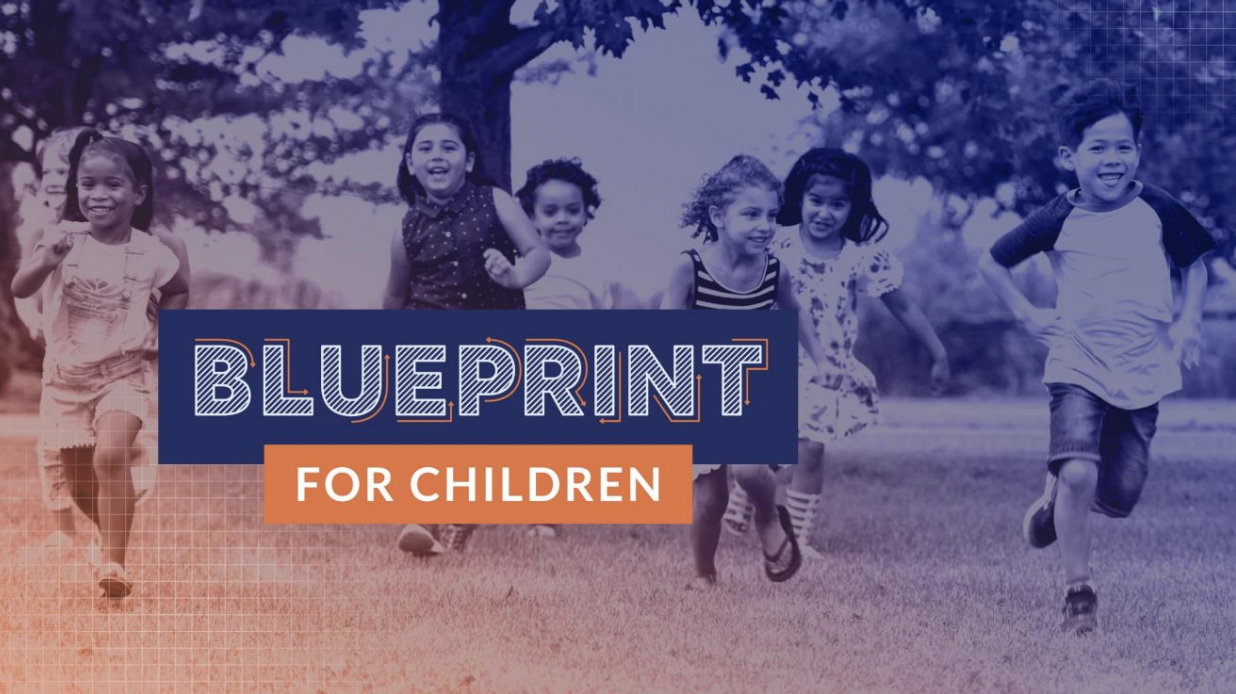
Priorities and recommendations to foster child health and well-being, achieve health equity, eliminate health disparities, optimize lifespan outcomes, strengthen families, support our communities, and enhance the position of West Virginia as a leading state for children.
Learn more about each of our policy goals below.
All children, adolescents, and young adults from birth to the age of 26 years must have access to the highest-quality
health care, so they can thrive throughout their lifespan. Policymakers must ensure that all children, regardless of their
race, ethnicity, income, family composition or immigration status have:
Together we can work to advance efforts to ensure that parents can give their children the best foundation for the
future. Policymakers must ensure that all families have:
Strong communities are the building blocks for secure families and healthy children. Policymakers must ensure that
communities:
Child health and well-being must be elevated and maintained as a priority in our state. Policymakers must develop and
implement policies that:
Learn more about each of our advocacy priorities below.
The West Virginia Chapter of the American Academy of Pediatrics (WV AAP) has long advocated for preventive care, including immunizations, as a fundamental component of pediatric health and disease prevention within the medical home setting. Extensive evidence-based research consistently demonstrates that immunizations save lives. West Virginia upholds one of the nation’s strongest school-entry immunization policies, permitting only medical exemptions for required vaccinations. In contrast, states with weaker immunization laws that allow nonmedical exemptions have seen a rise in unvaccinated children. This trend has contributed to outbreaks of diseases such as pertussis (whooping cough) and measles in neighboring states with higher numbers of unvaccinated students. West Virginia students deserve the freedom to attend school without the fear of exposure to preventable diseases.
States, including West Virginia, have made significant progress in expanding children’s health coverage through Medicaid, the Children’s Health Insurance Program (CHIP), and the Affordable Care Act. However, recent setbacks have threatened these gains. As coverage rates stagnate or decline, the West Virginia Chapter of the American Academy of Pediatrics (WV AAP) underscores the need to identify and enroll eligible children, improve systems to maintain continuous coverage, and ensure parents have access to health insurance to support their families’ well-being. Medicaid and CHIP play a vital role in serving West Virginia’s most vulnerable children, supporting their healthy development and long-term success.
The WV AAP advocates for policies that combat food insecurity among children and families by ensuring access to nutritious food. This includes expanding universal school meal programs, increasing reimbursement rates for the Child and Adult Care Food Program (CACFP), and funding initiatives such as Produce “Rx,” FNV Rx & Fresh Connect, and SNAP Stretch to improve access to fresh, healthy foods.
The WV AAP advocates for accessible and affordable high-quality child care for all children in West Virginia’s early education system. Early education is crucial for fostering developmental milestones and future academic success.
Preventing youth tobacco and vaping initiation and exposure are important to reducing tobacco-related diseases. Preventing youth tobacco and vaping initiation and exposure are important to reducing tobacco-related diseases.
Adverse Childhood Experiences (ACEs) and toxic stress have profound and lasting effects on children’s health, quality of life, economic stability, and educational outcomes. Research confirms that ACEs are widespread, affecting individuals across all income levels. Protecting young children from adversity is a science-backed approach to addressing some of society’s most persistent and costly challenges, including educational underachievement, reduced economic productivity, criminal behavior, and health disparities.
The children’s mental health crisis continues to escalate. In 2021, the American Academy of Pediatrics (AAP), the American Academy of Child and Adolescent Psychiatry (AACAP), and the Children’s Hospital Association declared a national emergency in children’s mental health, emphasizing the severe impact of the COVID-19 pandemic on top of pre-existing challenges. Ensuring that children have access to affordable, high-quality mental health care is critical.
Even before the pandemic, rates of childhood mental health issues and suicide had been steadily rising for over a decade. By 2018, suicide had become the second leading cause of death among youth ages 10-24. Research indicates that between March and October 2020, emergency department visits for mental health emergencies surged by 24% among children ages 5-11 and by 31% among adolescents ages 12-17. Additionally, in early 2021, emergency department visits for suspected suicide attempts increased by nearly 51% among girls ages 12-17 compared to the same period in 2019.
Access to timely, effective mental health care is essential to prevent adverse outcomes such as poor academic performance, declining overall health, and injury or death from suicide attempts.
Substance use disorders remain a growing problem among young people. The rate of “nonmedical use” (i.e., use without a prescription or more than prescribed) of opioid medication by adolescents (aged 12-17) and young adults (aged 18-25) more than doubled between 1991-2012, and the rates of opioid use disorders, including heroin addiction, and fatal opioid overdoses increased in parallel. Neonatal Abstinence Syndrome (NAS) is another devastating consequence from the substance use epidemic that impacts the most vulnerable population in West Virginia.
Every child has the right to live in a safe home, play in secure environments, and grow up without the fear of firearm violence. Gun violence is a public health crisis that profoundly impacts children and must be addressed through evidence-based policies. As pediatricians, we educate parents on the safe storage of firearms and advocate for measures to protect children—yet we also rely on our elected leaders to take a common-sense approach in advancing comprehensive gun violence and firearm injury prevention policies.